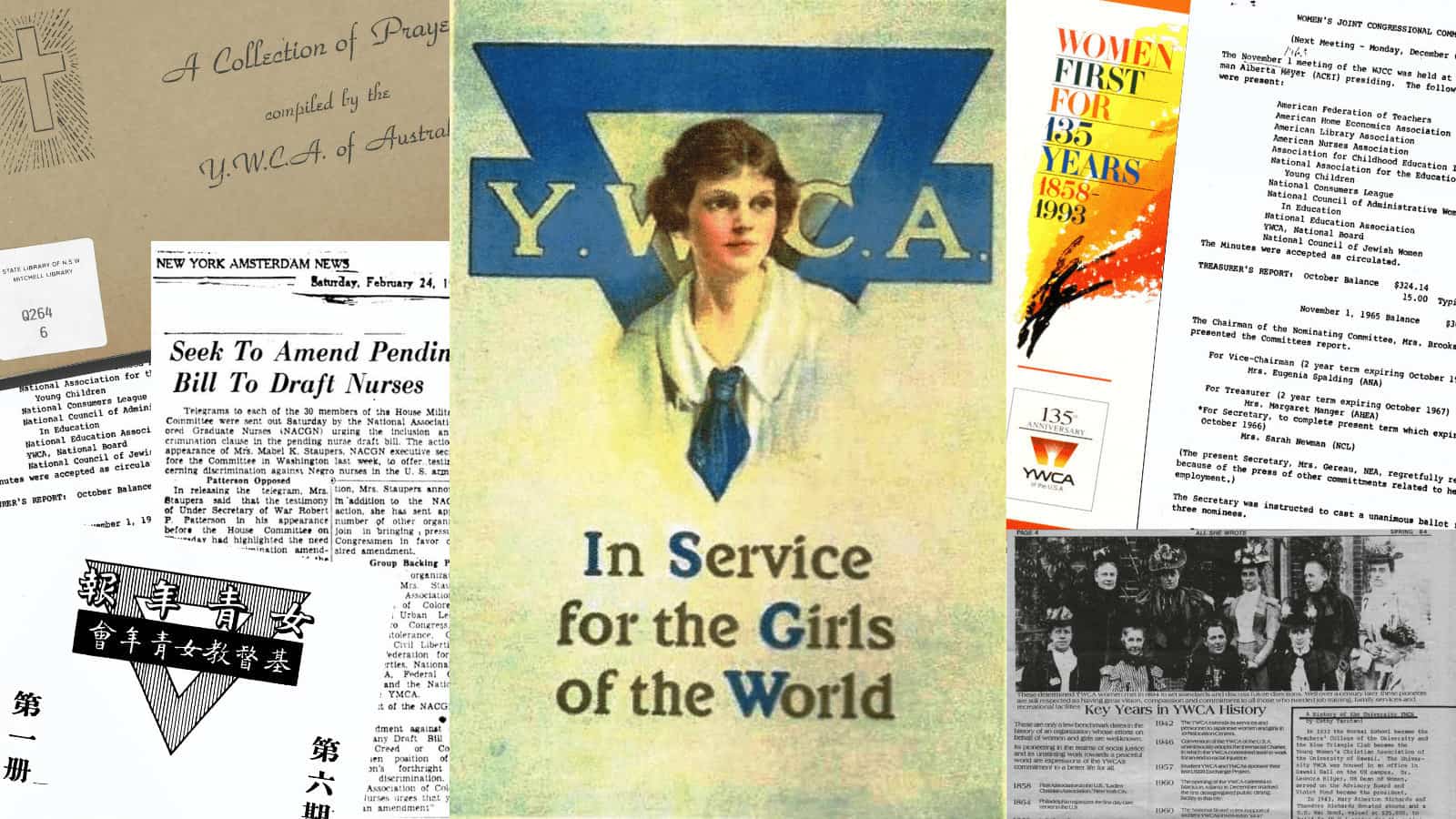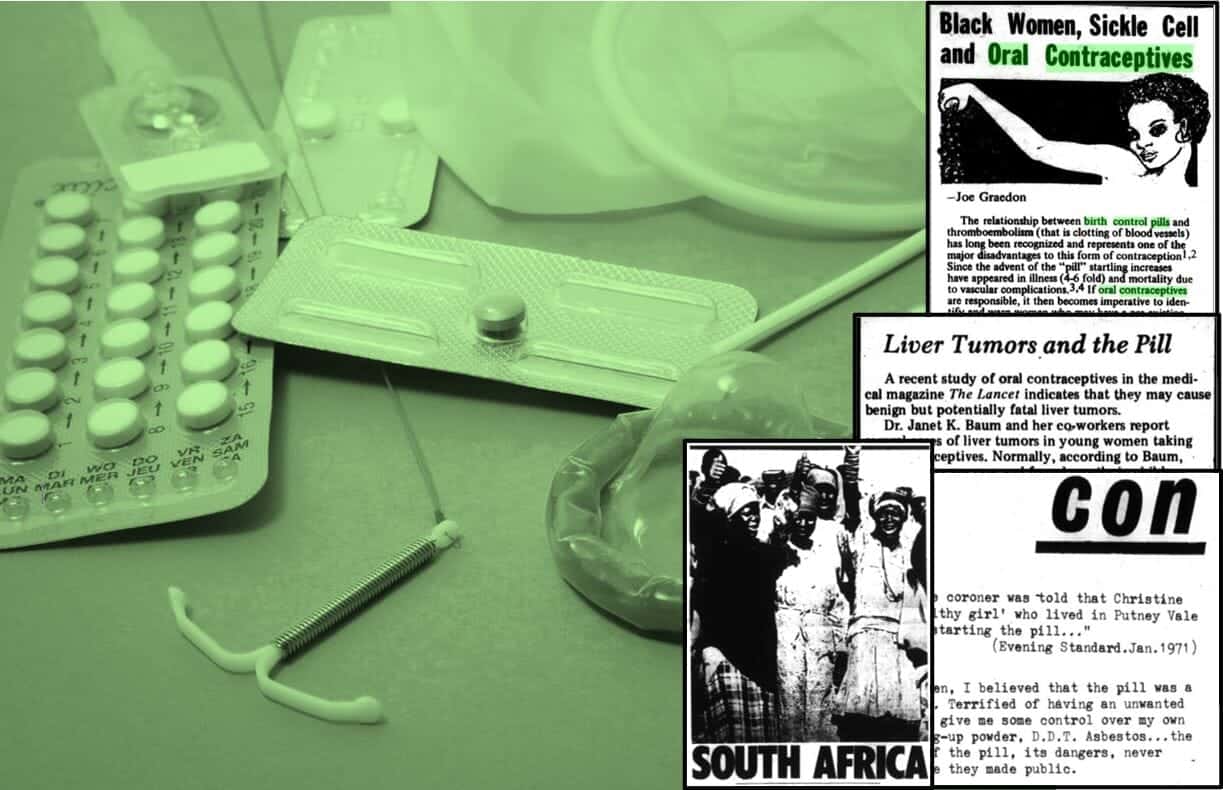│By Ben Wilkinson-Turnbull, Senior Gale Ambassador at the University of Oxford│
The eighteenth century saw an outpouring of writing by women in print. But accessing these important texts, whether it’s for teaching or research, can be difficult. Many survive as unique copies in the rare book collections of institutional libraries, or have not been reprinted since they were originally published. Those that have are often only available in expensive critical editions or affordable anthologies that do not capture the materiality or mise-en-page of the original text. But thanks to Gale’s Eighteenth Century Collections Online (ECCO), many of these texts are now available as digital facsimiles from the comfort of your own desk or classroom.

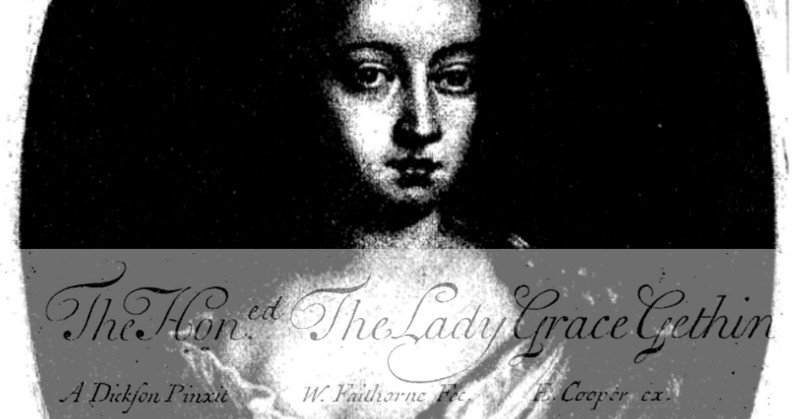

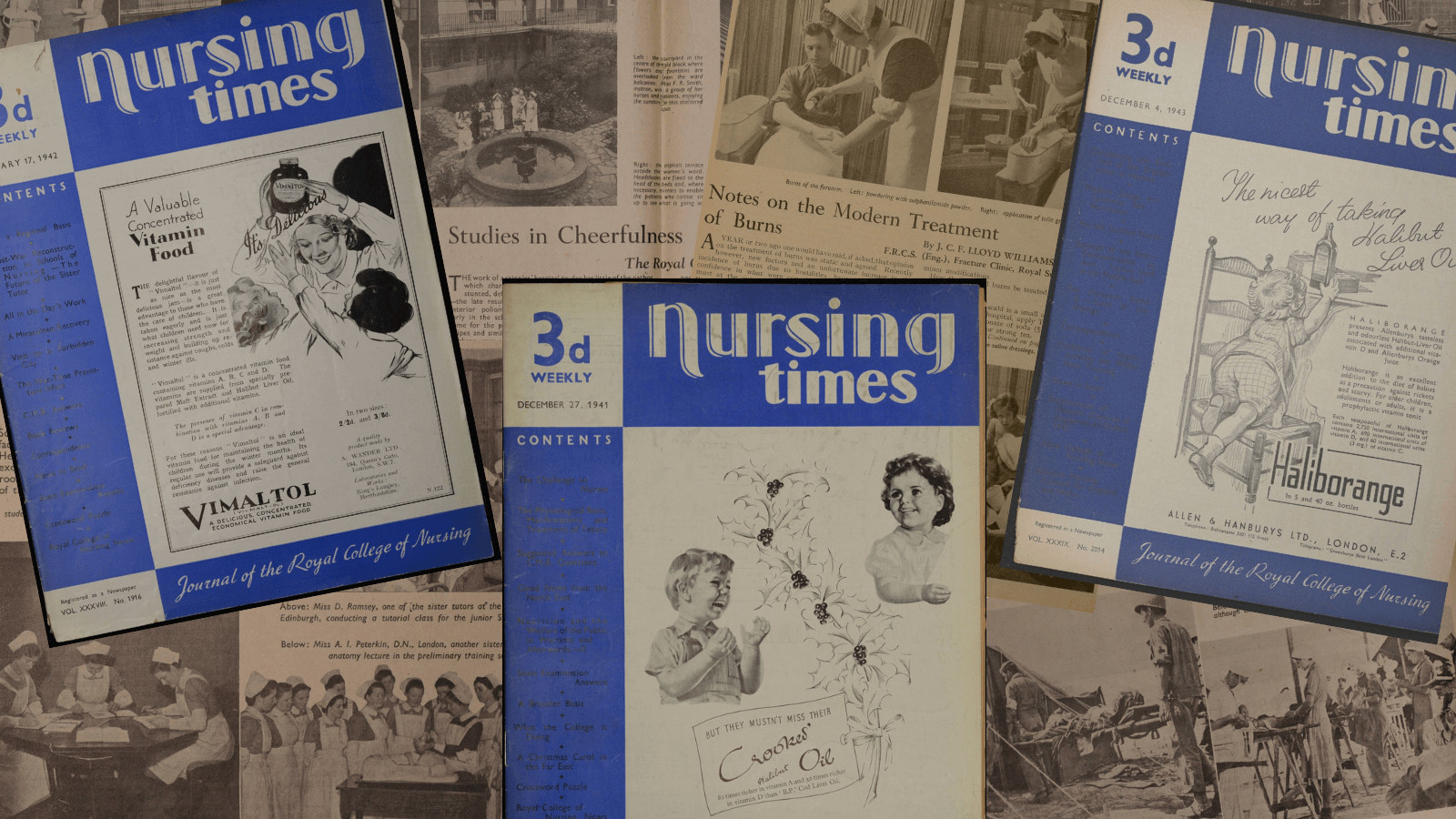
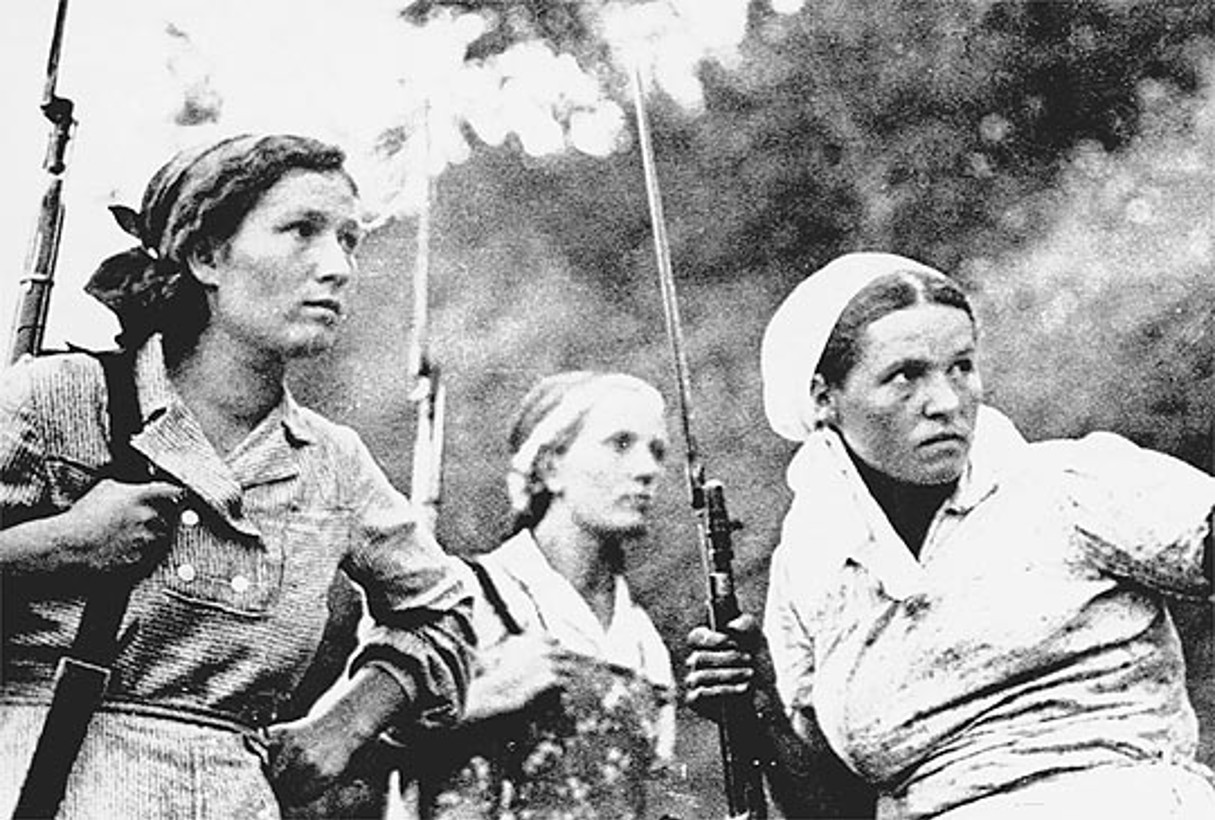
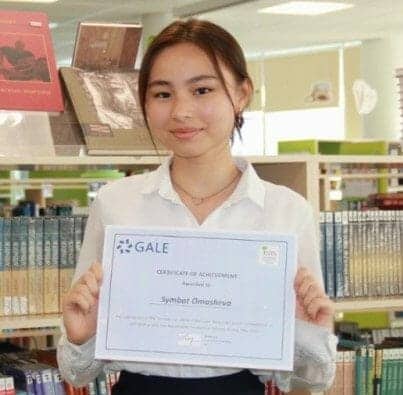 In Spring 2022, Gale ran a competition with Nazarbayev Intellectual Schools, Kazakhstan, which gave students at schools within the group the chance to research and write about a topic of interest – with the two top entries published on The Gale Review! Below is the runner up entry, a superb piece by Year 11 student Symbat Omasheva.
In Spring 2022, Gale ran a competition with Nazarbayev Intellectual Schools, Kazakhstan, which gave students at schools within the group the chance to research and write about a topic of interest – with the two top entries published on The Gale Review! Below is the runner up entry, a superb piece by Year 11 student Symbat Omasheva.
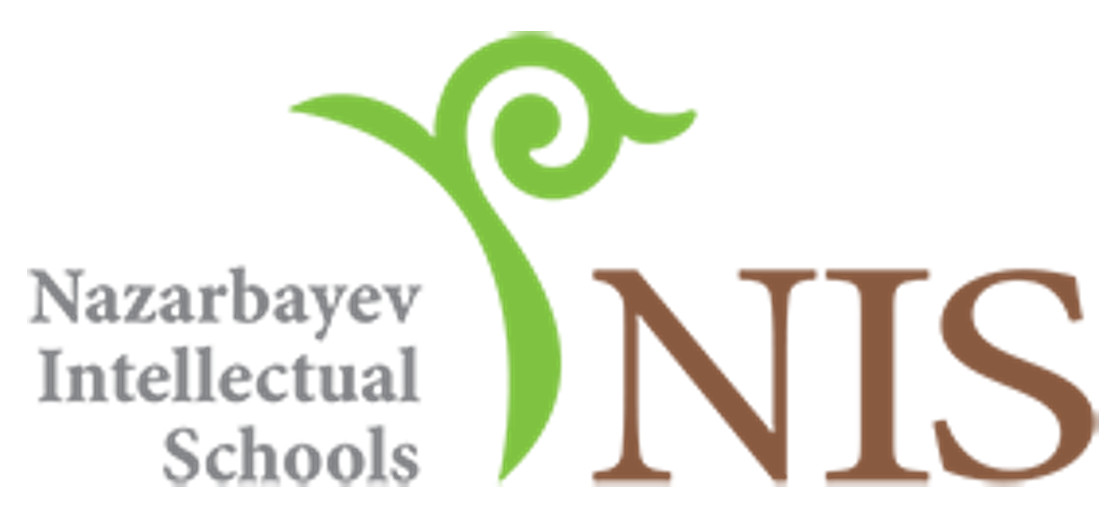 The schools within the Nazarbayev Intellectual Schools group have access to the
The schools within the Nazarbayev Intellectual Schools group have access to the 


